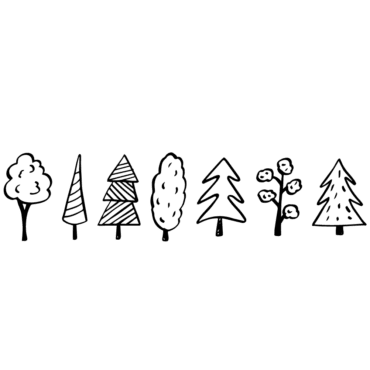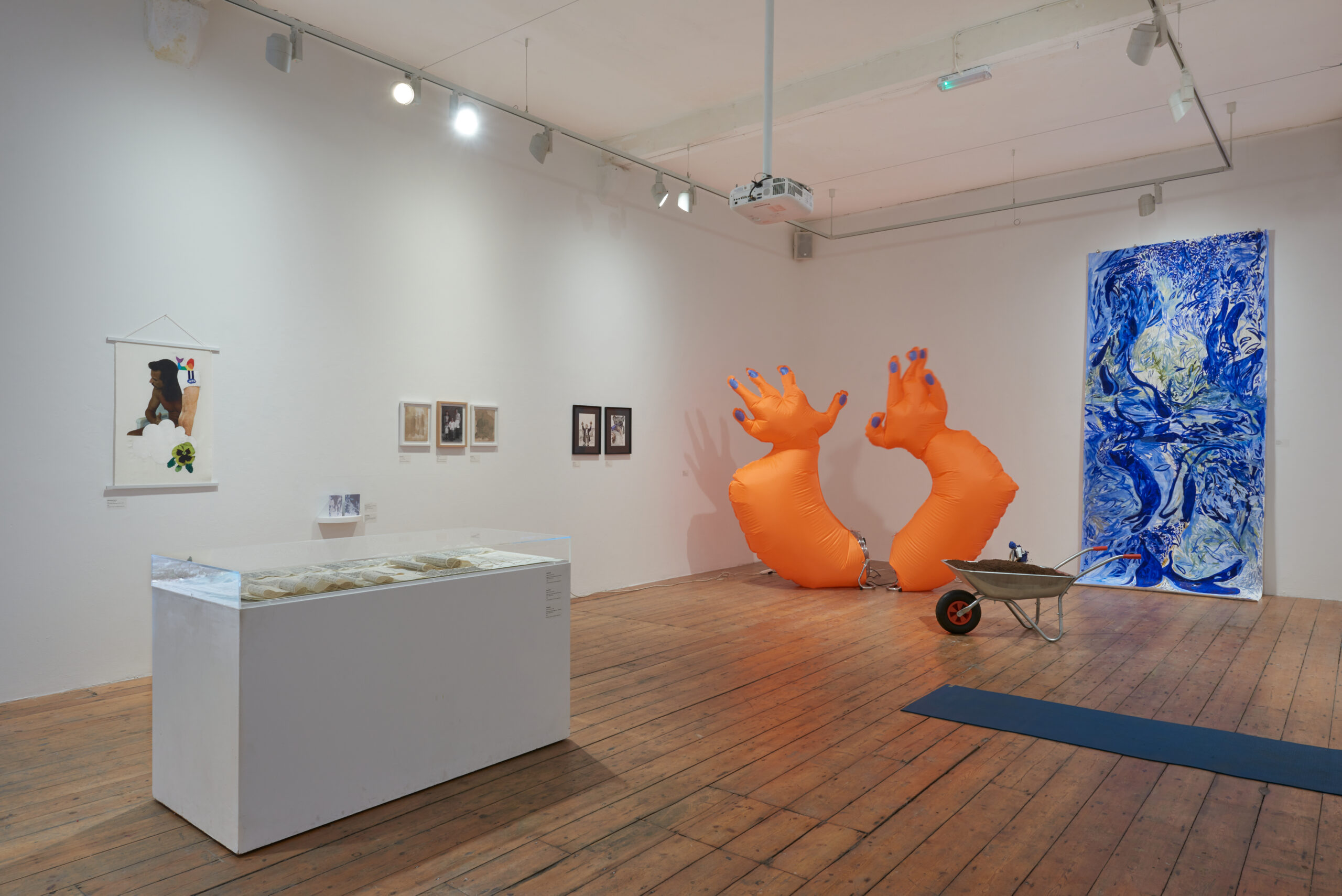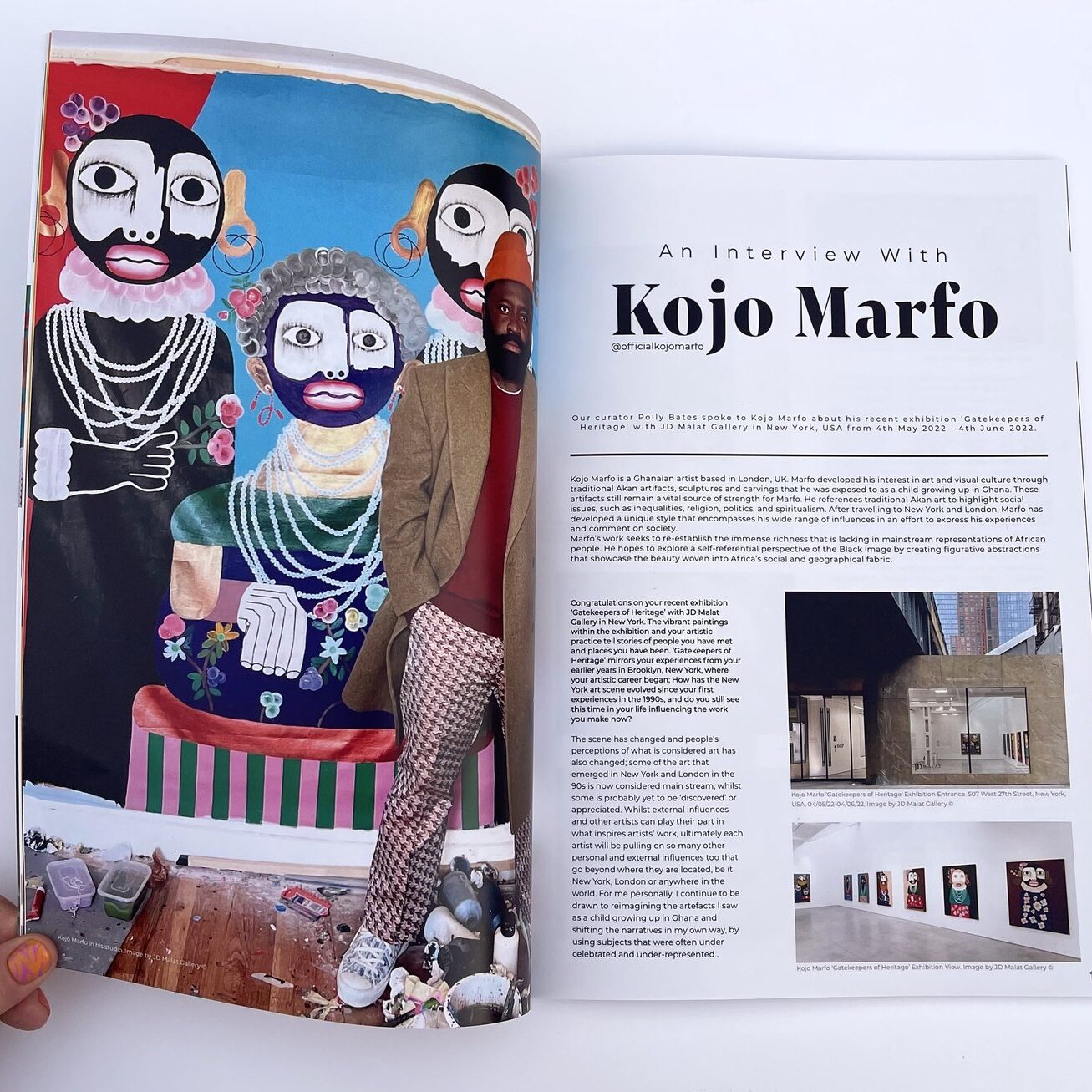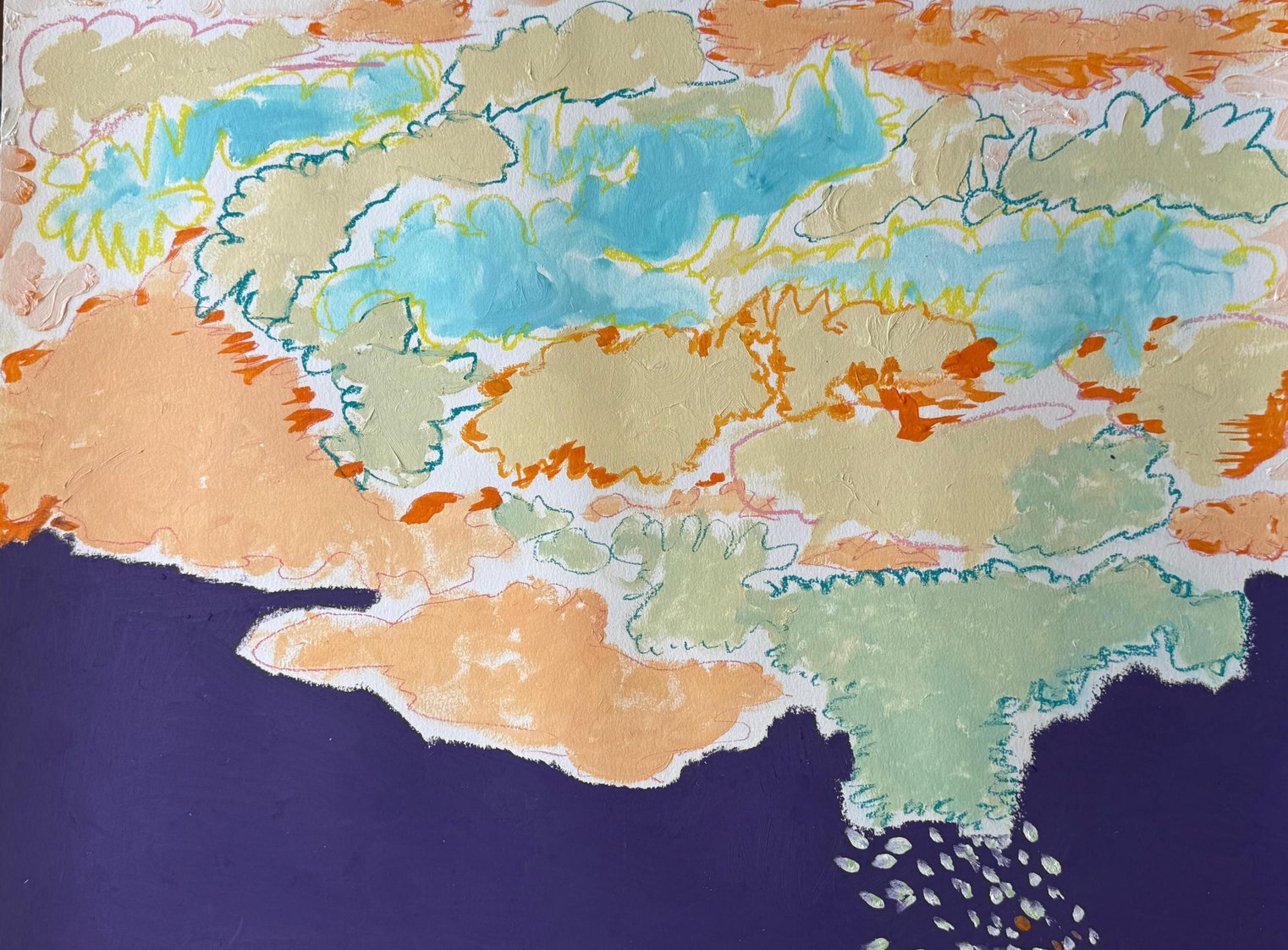Hi Chynna! Your winning series, Departed, looks at how our surroundings have the potential to metamorphose into a scene from a film at any moment. Can you tell us more?
My photography has always been inspired by film, particularly in terms of colour, style, composition and drama. Even when shooting documentary images, I feel as though I am continuously and unconsciously drawn to people or places that remind me of characters or scenes from a film – which perhaps stems from a certain sense of nostalgia.
During university I began watching David Lynch’s series Twin Peaks (which ultimately led to a complete movie marathon of many of his films…). I absolutely fell in love with the sinister yet eerily beautiful narratives that he manages to create, so I guess he was a major influence when coming to create Departed. Aesthetic beauty combined with this sense of darkness is something that really stuck with me.
From that point on I began consciously looking at my surroundings in a different light. I would look at a landscape and picture little scenes or scenarios unfolding – they never had to have a clear narrative, but just the essence of the place would remind me of something I had seen in a film or TV show. This is when I began location scouting for my own project and my quest was to find Lynch-like landscapes or interiors in which I could create my own mysterious narratives.
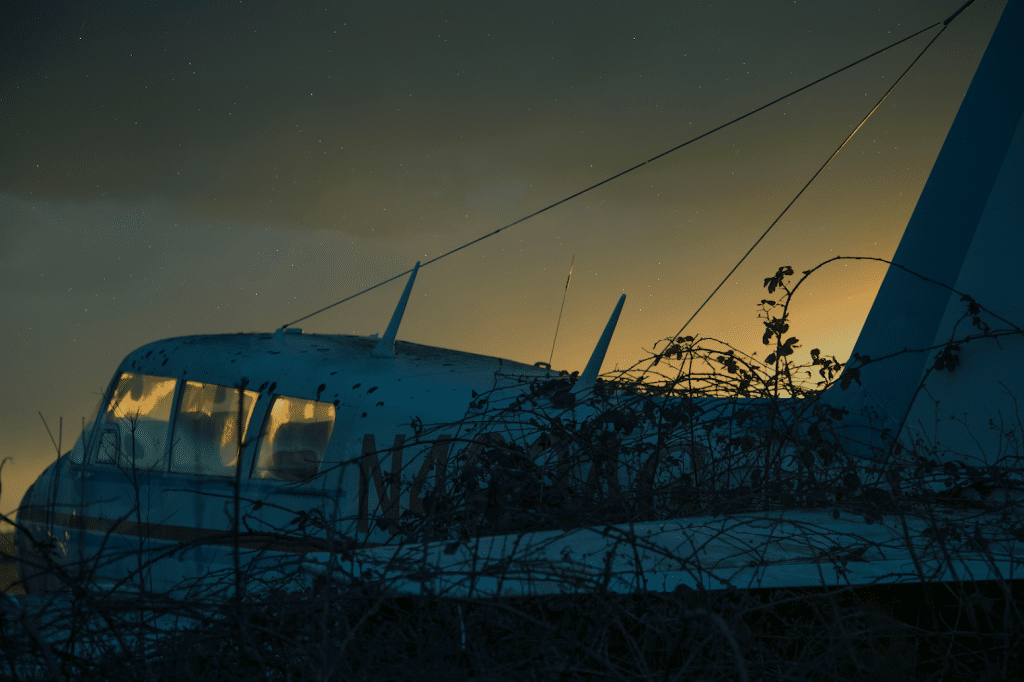
Have you always been drawn to photography and more specifically, self-portraiture? How did your creative journey begin?
I have always been a creative person, but it wasn’t until I picked up photography at A Level that I really began to get into it. I soon came across the work of self portrait photographer Cindy Sherman and her series Untitled Film Stills. I loved how she was able to use her skills behind and in front of the lens in order to subvert the stereotypes of women in the media – I think it opened up my mind to how powerful photography can be. Equally, I admired how she was able to use clothing, props and wigs to transform herself into these amazing characters and visually transport the viewer to another time.
I think another reason self-portraiture appealed to me was due to having full creative control. I remember at school if I needed a model for one my shoots, people would often bail or not fully understand what I was after…so often it was easier to just use myself!
For a series like Departed, what’s in your kit?
My kit consisted of a Canon 5D with a wide-angle lens in order to replicate a ‘film still type shot’ and two portable flashes on stands to create a sense of heightened drama. I also packed a wireless shutter release that I hid in my hands during the shoots as this was more efficient than working with a self-timer.
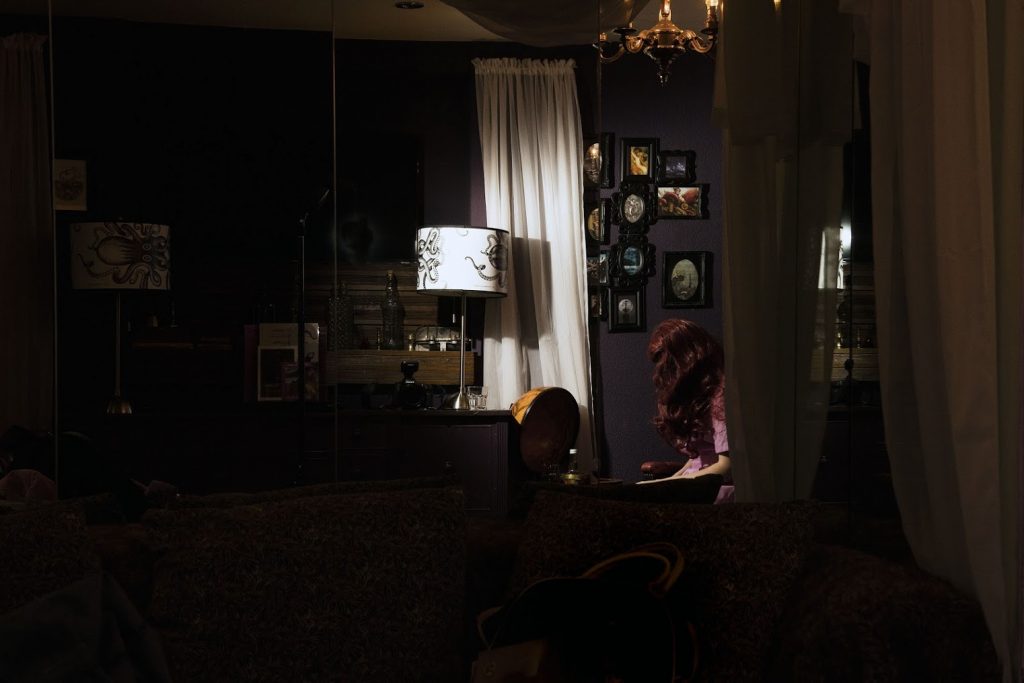
You’re heavily inspired by 1950s-1970s British and American culture. What inspires you to explore this era in your photography?
I have always found retro things very appealing, whether it be items, clothes or furniture. They carry with them a sense of romance and nostalgia that I am constantly drawn to. I read somewhere that millennials are considered the ‘most nostalgic generation’ so perhaps this a reason for unconsciously wanting to explore it. Growing up I enjoyed watching lots of films from these decades, so unknowingly I think they had large influence on the images that I desired to create.
What are the most rewarding and most challenging parts of your creative process and, is there anything you’re afraid of as a photographer? How do you overcome it?
The most rewarding part of the process is probably watching something that you have thought about in your head come to life – particularly when you have doubts that it may not work out the way you want it to. Self-portraiture can be difficult as you’re in front of the lens, so it can take time to get the exact shot you’re after, but when it is successful, it’s a great feeling (even if it does require a lot of trial and error!).
When shooting, I’m always afraid of failing. I am a bit of a perfectionist so for a long time I would never share work that hadn’t gone exactly to plan. I think it is important to embrace any mistakes as they can show you how to get better. The need to make everything look exactly how I wanted it put me off just having fun and experimenting with my camera, so this is something that I have certainly started to do more recently.
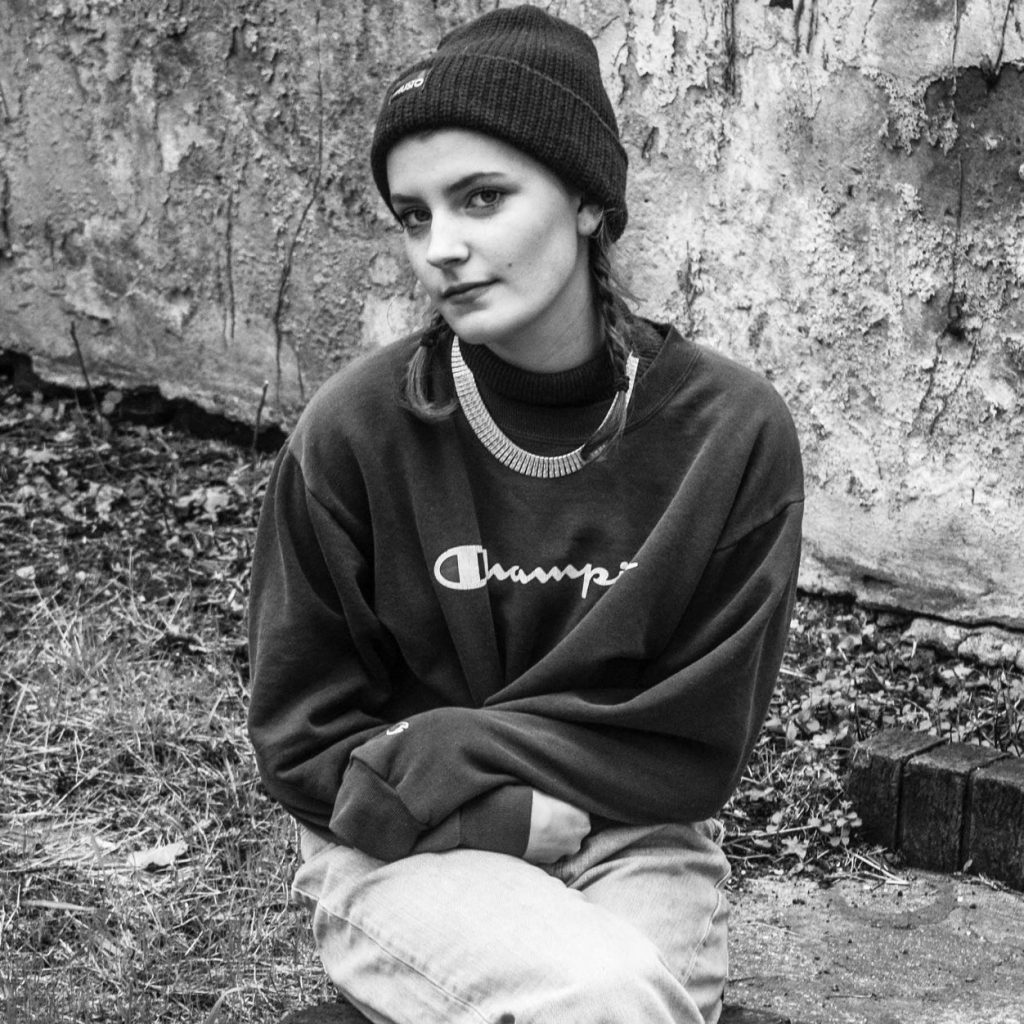
What is the best piece of advice you have ever received as a photographer?
‘Have confidence in your work’ is probably the best advice I have been given. I have always been my harshest critic and it can be easy to lose faith in yourself and your abilities. It’s also vital not to compare yourself to others – especially with the likes of social media etc.
If you know you have put time, effort and thought into a shoot, be confident with the outcome!
Let us know you want us to write more content like this with a love!
Share
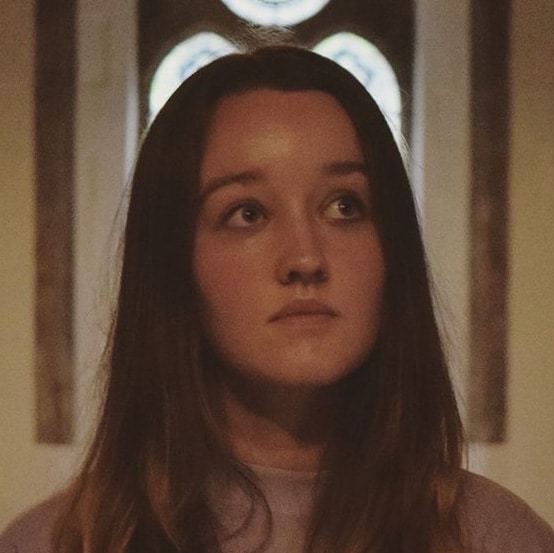
Charlotte Lynch
Marketing Manager



